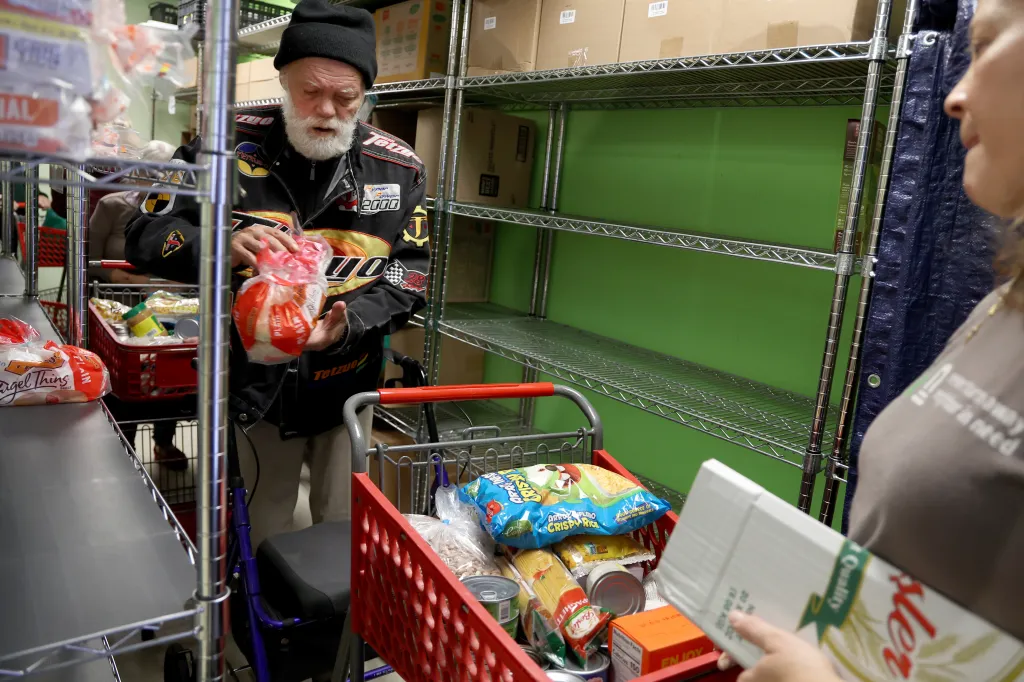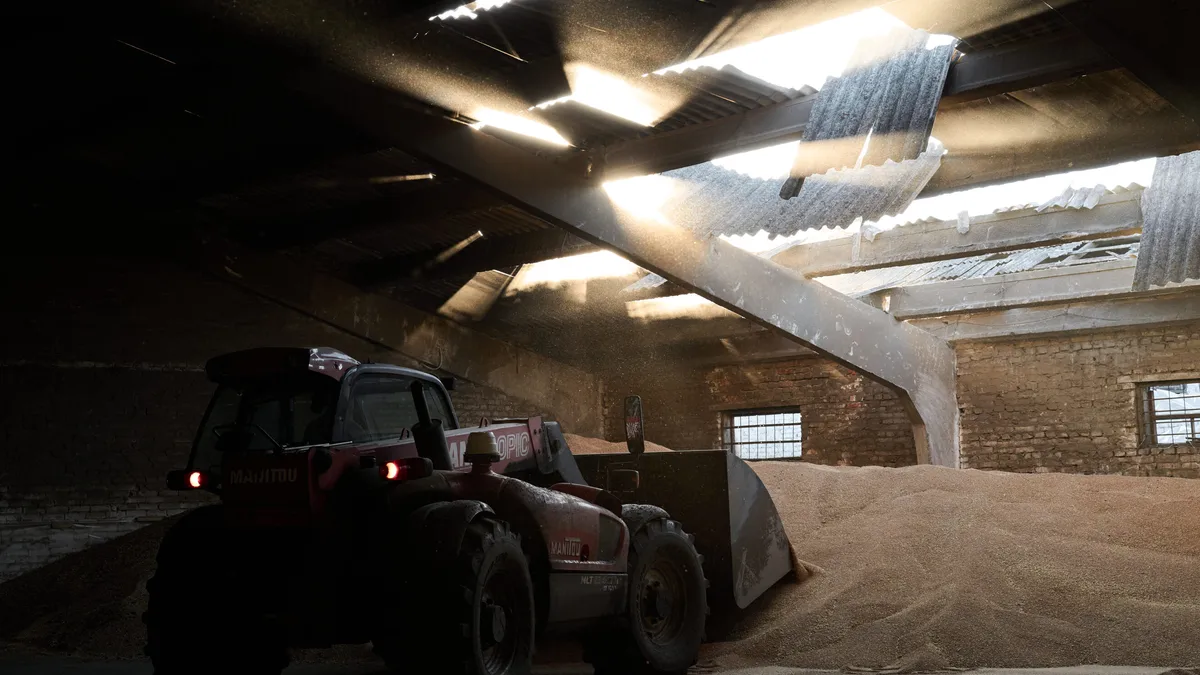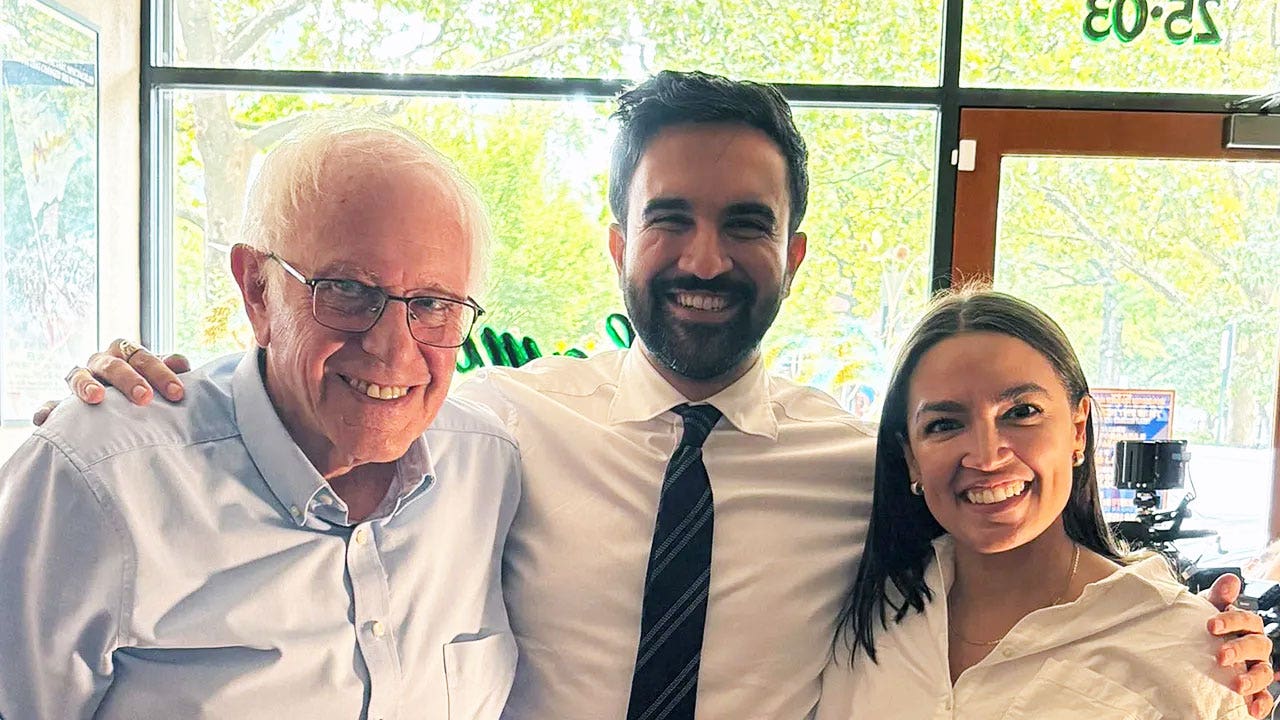Copyright Chicago Tribune

As the government shutdown drags into its fifth week, the Supplemental Nutrition Assistance Program, or SNAP, has become just another casualty of the Donald Trump administration’s cruelty. Without congressional action, millions of Americans may see their SNAP benefits vanish this month — including over 2 million people in Illinois and hundreds of families in Moraine Township alone. When the federal government fails to fulfill its responsibility to feed our neighbors, it leaves townships, churches and volunteers scrambling to fill a gap that no amount of goodwill can close. I am a local government official who helps oversee a community food pantry, which means I interact with a small sample of the over 40 million Americans who depend on SNAP to buy groceries for their families. Our local government-run food pantry in suburban Chicago serves hundreds of families each month, including many who rely on SNAP, and we expect demand for pantries like ours to soar as this benefit and others are ripped away. So many members of our community have already sprung into action to donate food and funds to area food pantries in the face of this looming crisis — but should we have to? As Americans, the desire to help our community has repeatedly led us into the same trap — beguiled into believing effort and good intentions are substitutes for government action on the most urgent of crises. We ask too much of our community organizations, including our food pantries. And time and time again, they rise to the occasion to do the impossible: Perform the services the government should provide, but without the resources, infrastructure or funding to do so. To be clear, those of us who have the means should come together and support our local food pantries and neighbors in their time of need. I have been heartened to see neighbors coordinating community food drives, packing holiday meal kits and donating what they can to their local food pantries. Supporting our neighbors facing food insecurity in our community should include us — but it cannot depend only on us. I lie awake at night worried that our community donations may not meet the increased need we will see as a result of SNAP’s suspension. I am imagining the single mom who relies on SNAP and can no longer buy healthy snacks for her kids. I am imagining the immigrant family working minimum-wage jobs but barely keeping their heads above water. I am imagining the elderly in our community who cannot afford to pay their bills and purchase needed medications with just their Social Security checks and still have money left for groceries. But all of this is avoidable. SNAP is among the most effective anti-poverty programs in U.S. history, insulating millions of children and seniors from hunger each year. Nearly two-thirds of recipients are families with children, and over 54% of all SNAP benefits go to families with income below half of the poverty line. SNAP isn’t just about compassion. Every dollar spent with a SNAP electronic benefit transfer card helps small grocers, farmers and food workers stay afloat. When families can buy food, whole communities benefit. The federal government has a $5 billion contingency fund it could use right now to keep families fed. Instead, the tax dollars of hardworking Americans — including our neighbors who need SNAP — are currently being used to subsidize tax breaks for massive corporations, expand fossil fuel production and illegally kidnap members of our community off the street. Surely, this administration could find the moral courage and political will to fund a food assistance program that serves over 1 in 8 Americans. Refusing to fund SNAP is not just a political choice; it’s a moral one. This administration is holding the most vulnerable families in our community hostage to make a political point. But food should never be a partisan pressure tool. Those of us on the front lines of this crisis recognize the dangers of playing politics with people’s lives and the resulting desperation in our community’s response. Our leaders owe it to the most vulnerable among us to protect a program that embodies the best of America — our willingness to feed one another — rather than abandoning it to wither as just another victim of Trump’s callousness. To prevent this government-driven catastrophe, local food pantries will continue to do what we have always done: Meet hunger with humanity. But we cannot, and should not, do it alone. This country’s strength is measured not by how we coddle the powerful but by how our government steps up to feed the hungry. Rachel Jacoby is a Highwood resident and community advocate who works in gun violence prevention. A graduate of the University of Illinois and Harvard Kennedy School, she previously taught English in Malaysia on a Fulbright grant and was elected Moraine Township trustee in April.



